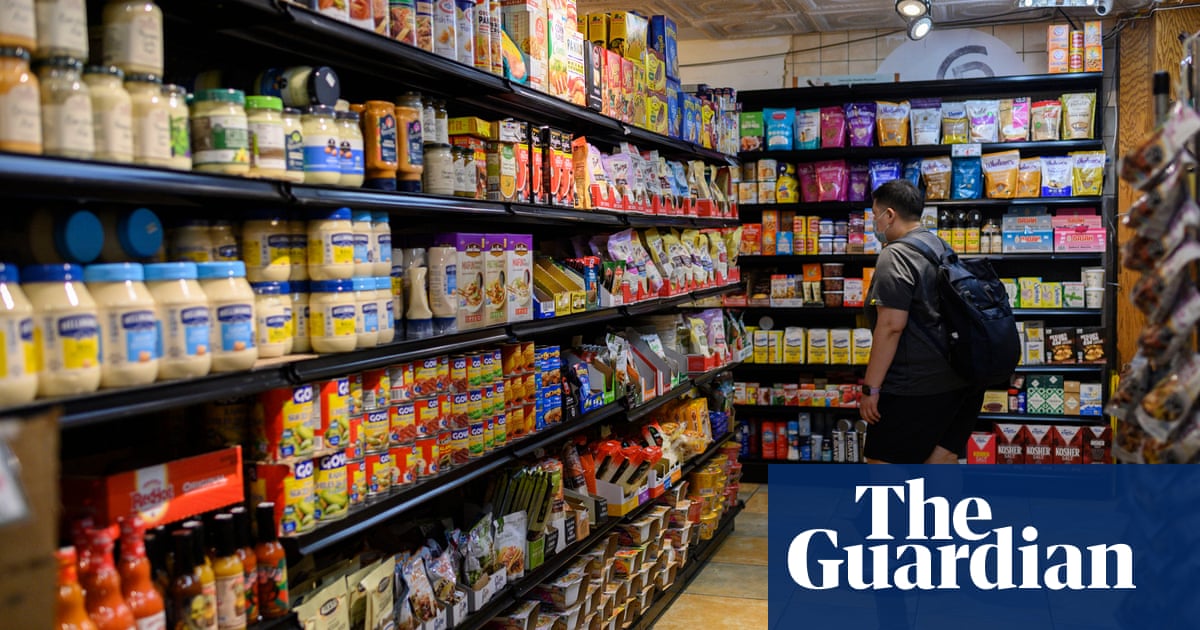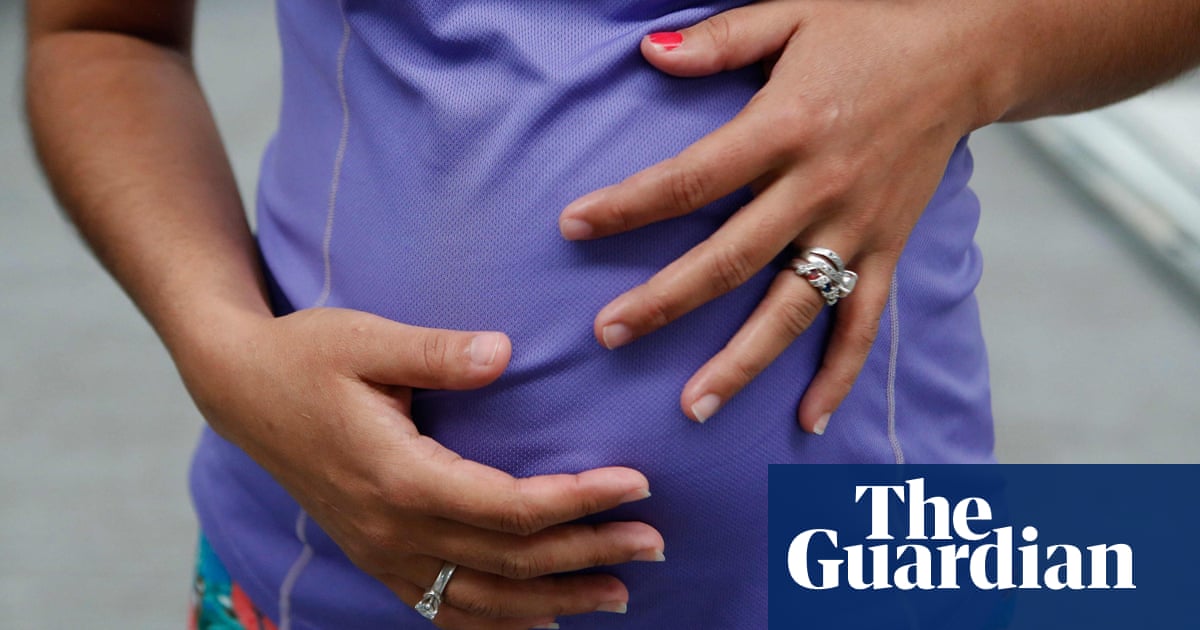
Diets rich in foods such as processed meat and butter likely increase levels of toxic PFAS “forever chemicals” in human blood over time, new peer-reviewed research has found.
The paper identified a range of foods to be among the drivers of high PFAS levels, including teas, pork, candy, sports drinks, processed meat, butter, chips and bottled water. The research also pointed to higher PFAS blood levels among those who consumed more carryout or food prepared at restaurants.
“The main takeaway is not to demonize certain foods or say, ‘Oh my gosh, this food is so unhealthy,” said Hailey Hampson, a University of Southern California doctoral student and the study’s lead author. “The point is to highlight that we need more testing of these foods, and this gives us an avenue to say, “OK, these foods may have higher levels of PFAS so we should do more targeted monitoring of them.’”
PFAS, or per- and polyfluoroalkyl substances, are a class of about 15,000 chemicals often used to make products resistant to water, stains and heat. They are called “forever chemicals” because they do not naturally break down, and they are linked to cancer, liver problems, thyroid issues, birth defects, kidney disease, decreased immunity and other serious health problems.
Although exposure via water has drawn the most regulatory attention, there is scientific consensus that contaminated food largely represents the biggest threat to human health.
The US Food and Drug Administration tests food for PFAS annually and has reported very little contamination. But the agency has faced criticism from independent scientists who say its testing methodologies are flawed, and designed to make it appear as if food is less contaminated than it really is.
Among the main sources of food contamination are tainted water, greaseproof food wrappers, some plastics, pesticides, or farms where PFAS-tainted sewage sludge is spread as fertilizer.
The study looked at two cohorts with a combined total of over 700 people. For one group, the authors checked dietary consumption and PFAS levels over a four-year period.
Among evidence of food packaging contamination was the finding that burritos, fajitas, tacos, French fries and pizza made at home were associated with lower PFAS concentrations. But those who ate the same dishes prepared at restaurants typically showed increased PFAS concentrations in their blood.
“It’s really interesting to find that these foods that are maybe not so healthy, when they’re cooked at home were a lower source of PFAS, and that definitely points to food packaging,” Hampson said.
The research also found butter likely increased PFAS levels. Though consumption of nuts was associated with lower levels of the chemicals in blood, nut butter showed higher levels. Butter is often wrapped in greaseproof paper, Hampson noted, though the contamination could also stem from cows or processing.
Higher PFAS levels in blood associated with higher bottled water consumption also may point to contaminated packaging, or contamination of the water source. And the authors suspect the link between tea and high PFAS levels may largely stem from tea bags treated with the chemicals, though more research is needed.
Processed meats across the board seemed to boost PFAS blood levels. Hampson said the finding was unsurprising because processing opens numerous entry points for the chemicals, though non-processed cuts of pork also showed a strong association. That suggests the pigs are likely contaminated.
Those who consumed higher levels of sugar, fruit drinks and soda typically showed lower levels of PFAS, which the authors said caught them by surprise. They hypothesize that young adults who made up one of their cohorts drink higher levels of soda and fruit drinks, which may generally be less contaminated with PFAS than tap or bottled water.
The association was one of several in which unhealthy foods appeared to protect people from PFAS contamination, while some healthy foods seemed to drive up PFAS levels.
“We need more public health monitoring, especially of healthy foods, to make sure we don’t have unintended chemical exposures in what we know are foods that are healthy in a lot of other ways,” said Jesse Goodrich, a USC researcher and study co-author.












